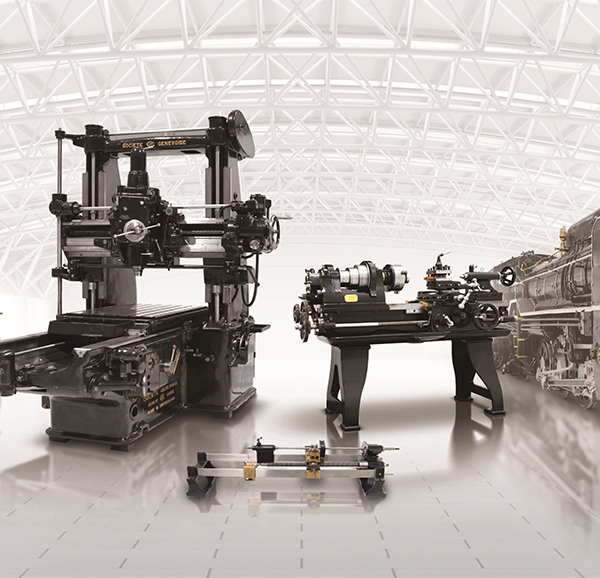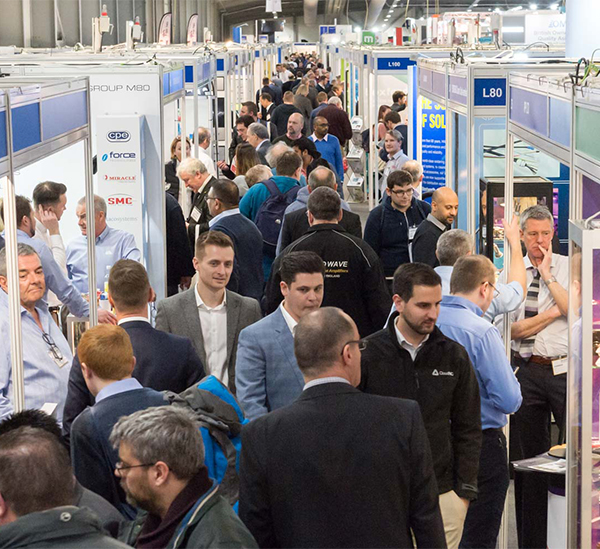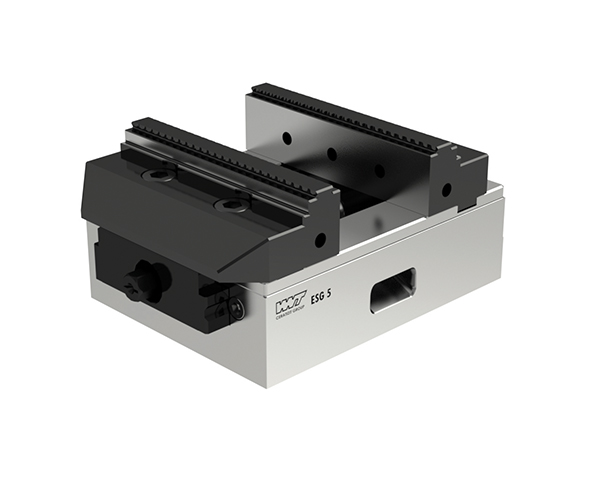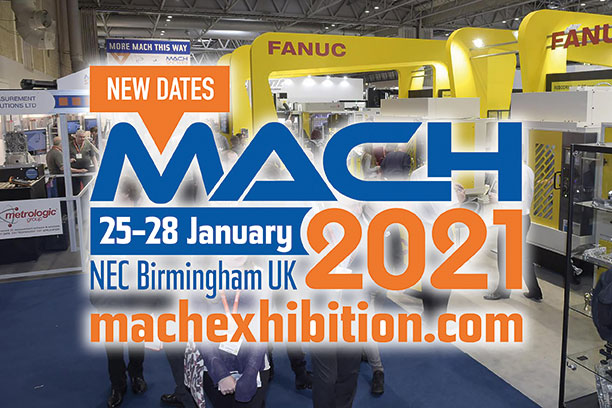During rough machining first operations it is good to have a known datum, which is where WNT’s ZSG4 Centric vice system provides a suitable solution.

However, when it comes to second operation work, a known datum on the component has already been created, so the requirement for a centric-jaw system is reduced, and it is here that the newly developed WNT ESG5 fixed-jaw vice from Ceratizit fully complements the ZSG4.
Providing identical footprints, with the vice bases measuring 160 mm in length (and an overall height of just 83 mm), the ESG5 and ZSG4 can sit side by side either directly on the machine table, or on WNTs MNG Zero Point baseplate system. In terms of clamping performance, again, the two vices are identical with a maximum gripping force of 35 kN, allowing components to be gripped securely on as little as 3 mm of material.
According to the company, accuracy and repeatability of ±0.01 mm are achieved by the overall vice design with precision matched slides, and the use of a ball screw to control jaw movement. The ability to switch jaws between the two vice types adds further versatility and compatibility to the WNT work-holding system. This compatibility opens up the choice of jaw from the range, which includes: reversible jaws; pendulum plate jaws; combi jaws; aluminium jaws; five-axis jaws; smooth carbide-coated jaws; and stepped jaws.
Says Adrian Fitts, business development manager at Ceratizit UK & Ireland: “The WNT ZSG4 vice has proved popular as it provides a cost-effective, efficient and compact work-holding solution. With ESG5 we have listened to customers and created a vice that fully complements ZSG4 and enhances the work-holding systems available from Team Cutting Tools.”
For further information https://cuttingtools.ceratizit.com
























